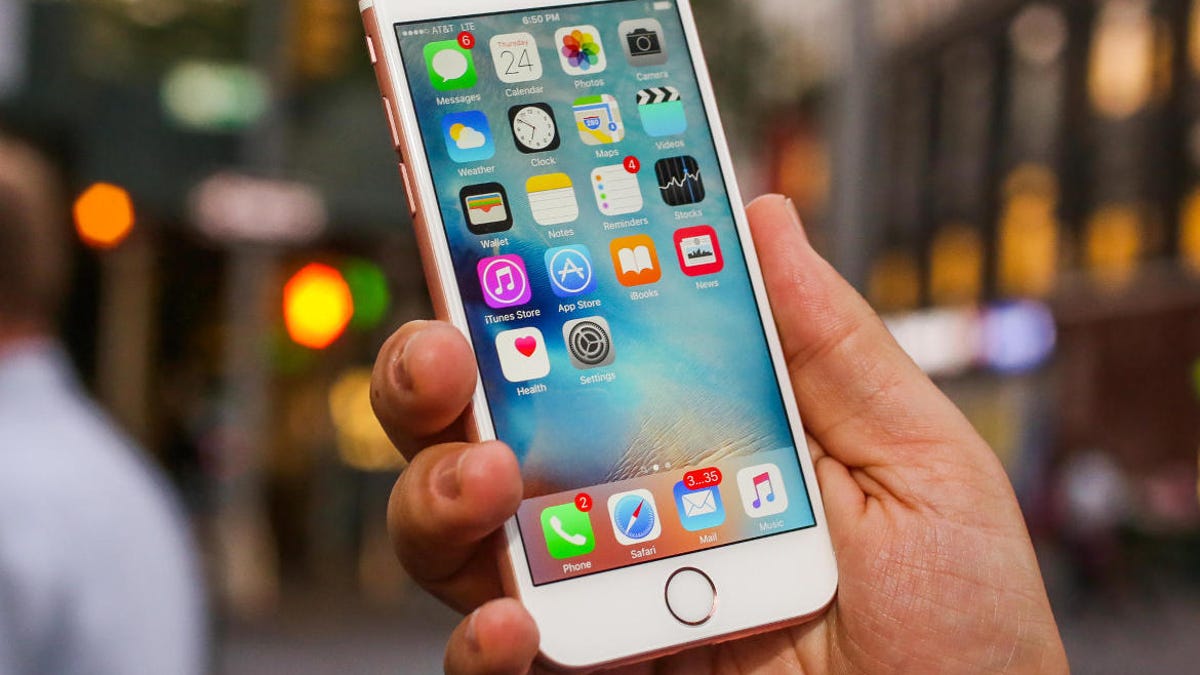Apple's next iPhone reportedly ditches Qualcomm for Intel in some models
Qualcomm may be out as the iPhone's main chip supplier, as an Intel chip takes the reins for certain versions, according to a report.

The next iPhone may have Intel inside.
Some versions of Apple's next flagship phone will stock an Intel wireless chip rather than a Qualcomm processor, according to a report from Bloomberg News. China's iPhones would keep their Qualcomm chips, as would Verizon models in the US, according to Bloomberg's source. The AT&T devices in the US would use an Intel chip, Bloomberg said.
Apple makes its own processors to serve as the brains of its devices, but it relies on companies like Qualcomm to build the modems that connect the phone to wireless carriers' networks. Many handset makers source components from multiple manufacturers to lower their risk. If one chipmaker has issues, not all devices will be impacted. Samsung, for instance, uses Qualcomm chips in many of its flagship phones but also sells some models with its own processors.
Sourcing chips from different places can lead to discrepancies in performance, though. And it's unclear how having different wireless chip providers will impact a global iPhone or an unlocked iPhone that you can take to any carrier you want. The iPhone 7 would be the first major flagship phone powered by an Intel wireless chip.
The move by Apple to buy some chips from Intel has been rumored for quite a while. Qualcomm CEO Steve Mollenkopf acknowledged during a call with analysts in April that one of its "major customers" would be seeking a second supplier for some of its chips. Most market watchers believed that customer to be Apple.
The first iPhone used chips from Infineon, which Intel bought in 2010. But since that time, Qualcomm has been Apple's supplier of wireless chips. Intel, meanwhile, has struggled to gain a foothold in mobile devices, and in April, the company canceled plans to release upcoming chips that act as the brains of mobile devices.
Apple and Qualcomm declined to comment. Intel didn't immediately respond to a request for comment.



